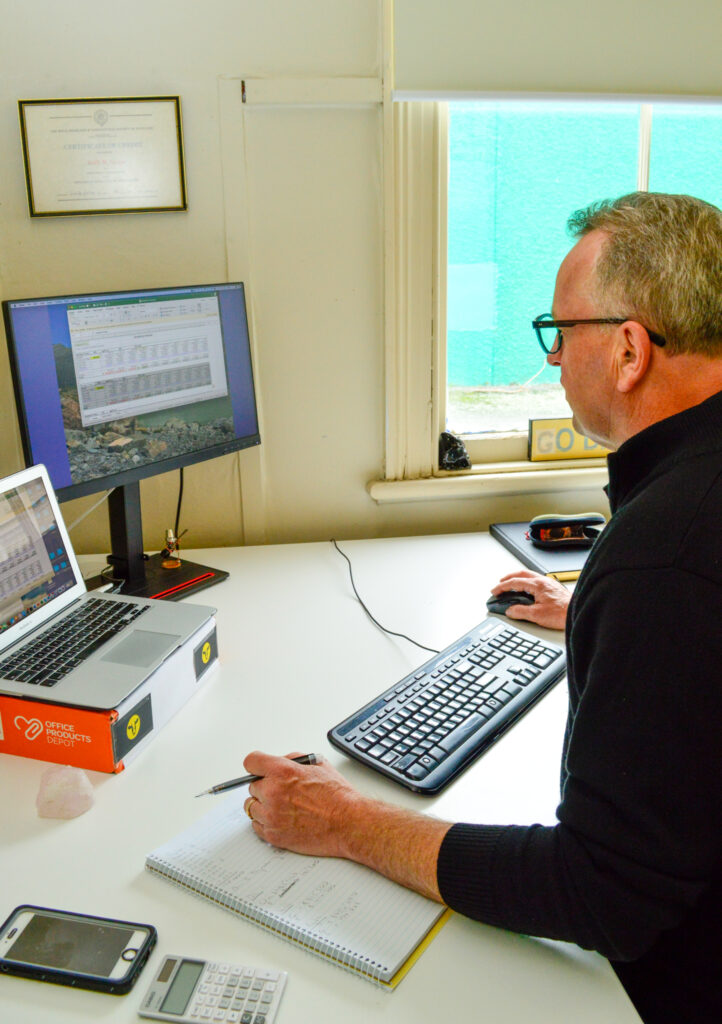As we approach the end of this season and look towards the next, contract milking contracts are front and foremost in both farm owner and contract milkers’ (CM) minds. Some are new entrants, some looking to change farms and others to re-sign with the present owner.

The contract is a legally binding agreement between two parties covered by the Sharemilking Act. Therefore, important both parties prepare thoroughly and plan for the information in the contract. If you are looking to sign up on a new contract do your homework and cover every base.
What are the important areas each party need to address to ensure a successful working relationship?
Farm Owner
- Gather as much information on the CM, are we compatible? Do we have similar values and goals?
- Be realistic about farm production expectations. Set targets which are achievable in an average year.
- Include up to date information on all aspects of the farm and livestock. Pasture covers, soil test analysis, nutrient budgets, provisions for supplement, herd health, farm consents etc.
- Communication and governance will be crucial to the success of the contract. Put in place plans for regular meetings, keep minutes of the meetings, address any problems as they arise. Changes should be discussed between both parties before implementing.
- The best CM’s are hard to secure, a well-constructed contract with a premium relative to the farm size and complexity. This will encourage performance and ultimately benefit both parties.
Contract Milker
- Talk to people who know the farmer and the property. Gather information to help you decide whether your skills and values will align with the farm owner.
- Thoroughly dissect the CM Agreement, be prepared to question terms which don’t sit well with you or need further clarification. Voice your feelings now rather than down the track.
- Give an honest account of your strengths and weaknesses, have a plan to address areas to improve on.
- Prepare a comprehensive budget. This will need to reflect an adequate return
for your efforts.
- To cover expenses of labour, motorbikes, shed expenses etc.
- Provide you with competitive financial return reflecting the risk taken on.
- To build equity and progress in the industry.
- A sensitivity analysis should be prepared to reflect profitability with changes in milk price and expenses. This is crucial in today’s uncertain climate!
- Ensure the contract has a guaranteed minimum rate to offer you some protection should the milk price drop, or unbudgeted costs arise.
Contract milking remains a successful route for those wanting to progress in the industry. Allowing farm owners to step back from the coalface, retain their assets while keeping an interest in the industry. Success for both parties hinges on good communication, cementing a strong working relationship. Seeking independent advice will assist to guide you through any potential pitfalls.
If you want support from the Centre for Dairy Excellence to help you navigate through this process, please do not hesitate to get in touch with our qualified and experienced consulting team.

Comments are closed.